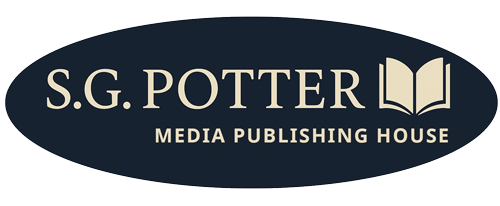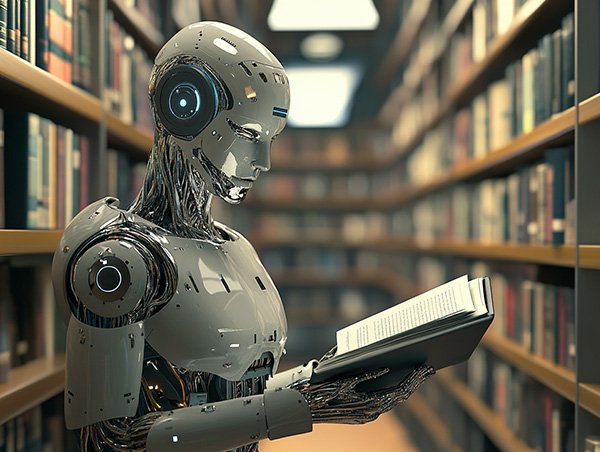The Ethics of Writing Books with AI: A New Frontier of Creativity
Whenever I share my 28-Day AI Author system or demonstrate how CoAuthorGPT helps writers bring their books to life, one of the first questions I hear is: “Is it really ethical to write a book with AI?” It’s a valid question—and one that deserves an honest, thoughtful answer.
We are standing at the intersection of technology and creativity like never before. Artificial intelligence is no longer a theoretical tool. It’s here. And it’s already transforming how books, articles, and content are being written. But with any new innovation, we must explore its implications responsibly.
The Author Is Still the Creator
First, let’s set the record straight: AI does not write your book for you.
In my own experience—and for every author who uses my system—the author remains fully in control of the creative process. CoAuthorGPT, for example, serves as a collaborator, a brainstorming partner, a language enhancer, and a structure optimizer. But the ideas, the vision, the storytelling voice—these come from the author. AI doesn’t generate your story without you. It helps you organize, refine, and elevate what you already bring to the table.
The ethics come down to one simple truth: as long as you, the human author, are the one generating the vision, directing the AI, and ensuring the final product represents your voice, the integrity of authorship remains intact.
Overcoming Barriers, Not Cutting Corners
Many aspiring writers are paralyzed by fear, perfectionism, or technical hurdles. AI tools like CoAuthorGPT break through those barriers. They don’t give you shortcuts to laziness; they give you a process that allows your creativity to flourish without being strangled by technical complexity or overwhelm.
In fact, my 28-Day AI Author students often report that AI actually increases the amount of care, revision, and thought they put into their books. Why? Because the writing process becomes accessible, encouraging deeper engagement with the material rather than frustration and avoidance.
The Question of Originality
Another ethical concern is originality. Can AI-written books still be original? The answer is absolutely yes—because AI responds to your unique prompts, your ideas, your characters, your storylines. It isn’t pulling from a database of existing books and simply copying. It is responding dynamically to your creative input.
When I wrote my science fiction novel Stars of Ascendance: The Rising, every twist, every world, every character arc came from my imagination. CoAuthorGPT helped me refine those elements into professional-quality prose, but it didn’t invent the story for me. The result is a book that is fully mine—my voice, my vision—enhanced by AI’s ability to execute at a higher level.
Transparency Builds Trust
One of the ethical pillars I stand on is transparency. I openly share that my books were written using AI assistance, and my readers appreciate that honesty. In fact, many are intrigued and impressed by the process. Readers care more about the quality and authenticity of the story than about whether AI was used as a tool in the process.
A Tool Like Any Other
Throughout history, every generation of authors has used the best tools available to them: the printing press, typewriters, word processors, spellcheck, grammar software. AI is simply the next evolution in that long tradition. The ethical question isn’t whether we should use tools—it’s whether we use them responsibly.
When wielded with care, AI empowers more people to share their stories with the world—stories that may have never been told otherwise.
The Final Responsibility Always Rests with the Author
AI is powerful, but it is not perfect. As authors, we must still bring discernment, integrity, and editorial judgment to every manuscript. AI doesn’t eliminate our responsibility—it sharpens it. The tool is only as ethical as the person using it.
Writing with Integrity in the AI Era
I believe we are entering one of the most exciting periods in publishing history—where more voices, more stories, and more authors will rise because of AI’s support, not in spite of it.
If you’ve dreamed of writing a book but feared you weren’t “good enough,” AI can be your partner to help you finally cross the finish line—ethically, creatively, and professionally.

